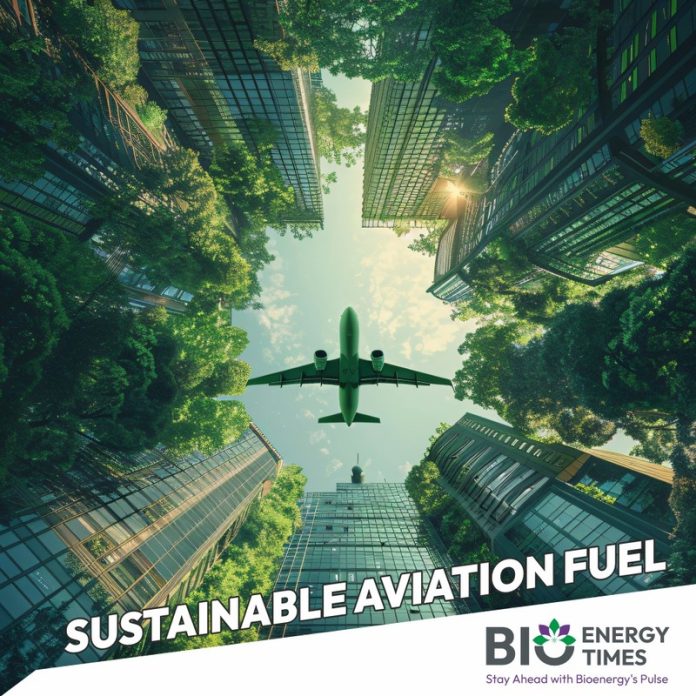The Australian government is releasing A$1.7 billion ($1.15 billion) from the “Future Made in Australia Innovation Fund” to support the development of emerging low-carbon aviation fuel technologies and new feedstock sources, reported Aviation Week.
This initiative is part of four key strategies outlined in the country’s Aviation White Paper, which aims to establish Australia’s aviation roadmap for the next two decades.
As per media report, the new funding will complement an existing A$30 million fund dedicated to advancing sustainable aviation fuel (SAF) production using Australian feedstocks.
The government will initiate consultations with industry and stakeholders to determine the most effective policy mix, including production incentives, demand-side options, production costs, and market insights to guide policy development.
To support this rollout, the government is considering implementing a low-carbon fuel mandate, developing a robust certification scheme, and updating emissions accounting practices.
The Australian Jet Zero Council is advising on suitable regulatory mechanisms to ensure SAF usage is accurately reported in emissions schemes.
The White Paper also highlights that SAF feedstock development could create new markets for Australia’s agricultural sector and potentially utilize marginal land not suited for food crops.
The paper notes that without domestic SAF refining capacity, Australian-produced feedstocks may need to be exported, as demand for jet fuel in Australia is expected to rise by 75% from 2023 to 2050.
Additionally, the White Paper emphasizes the need for Australia to prepare for new propulsion technologies such as electric or hydrogen. It acknowledges that the adoption of such technologies for short-haul routes, particularly in New South Wales, Victoria, and Tasmania, is likely to be feasible only in the 2030s.
To read more about Sustainable Aviation Fuel Industry News, continue reading BioEnergyTimes.com















